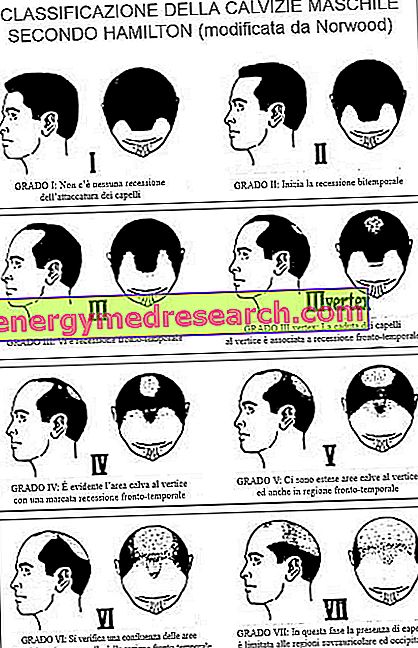Definition
Hemiparesis is the partial loss of voluntary motor activity in one half of the body.
Hemiparesis recognizes the same causes of hemiplegia, of which it often represents evolution. Unlike total paralysis (called hemiplegia), in which there is a complete non-irreversible loss of the motor activity of an emilate, hemiparesis does NOT cause complete loss of motor function.
Hemiparesis can be caused by extensive cerebral hemorrhage, which may occur following a stroke or head injury. In other cases, it is the result of neurological dysfunctions due to the presence of tumor masses in the brain (eg meningioma and glioblastoma) or lesions of the pyramidal pathway (nerve tract extending from the cerebral cortex to the spinal cord).
Hypoglycemia, transient ischemic attack (TIA), thrombosis of the cerebral venous sinus and acute disseminated encephalomyelitis may also cause hemiparesis. Furthermore, it represents a neurological complication in the Behçet and Sturge-Weber syndromes.
Possible Causes * of Hemiparesis
- Brain aneurysm
- Atherosclerosis
- Transient ischemic attack
- Cerebral hemorrhage
- Stroke
- Cerebral ischemia
- Meningioma
- Myelitis
- Multiple sclerosis
- Decompression syndrome



